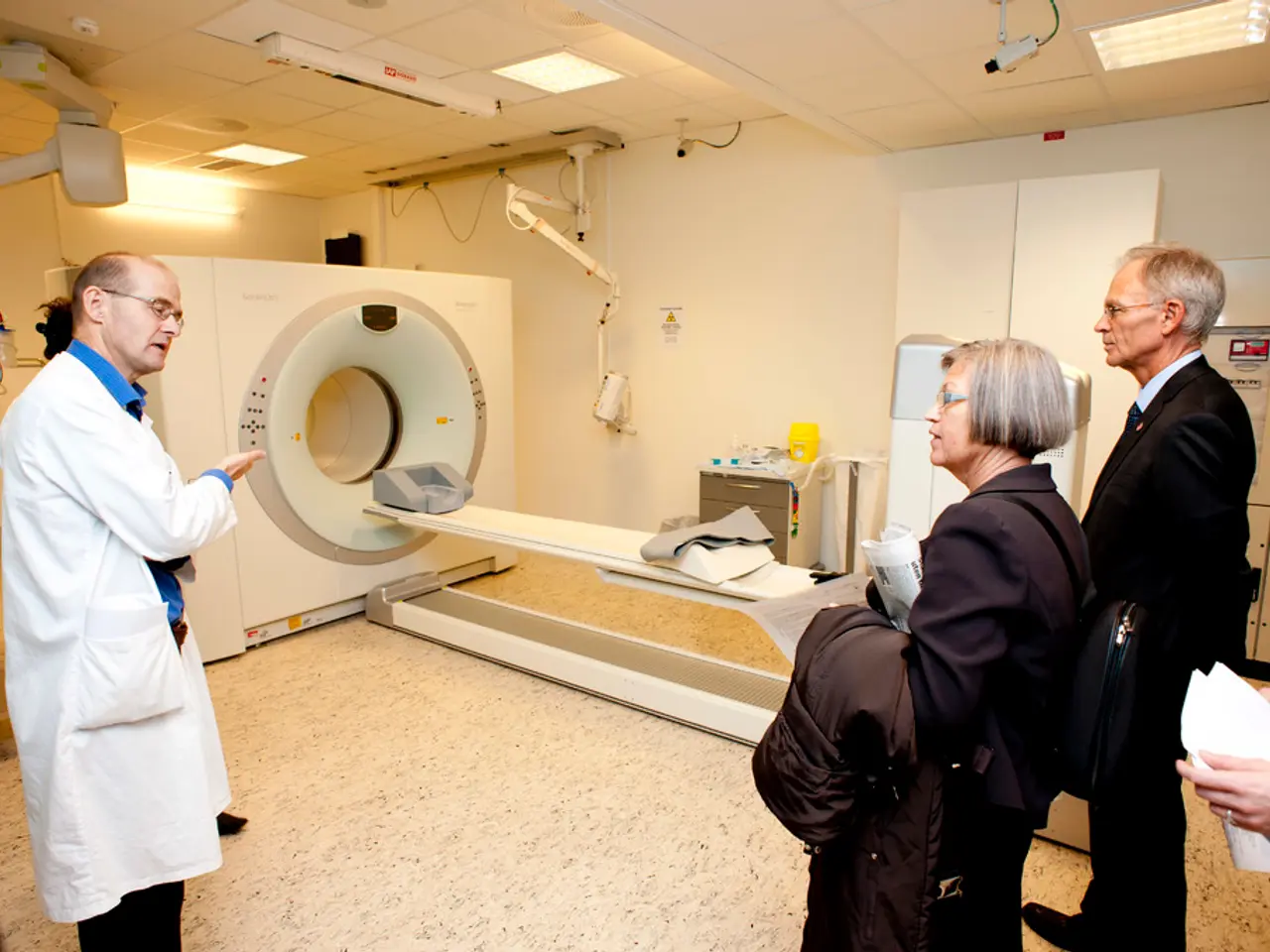Elderly Healthcare Champions: The Superheroes Magnifying Care for Seniors
As the baby boomer generation continues to age, the demand for geriatric care is surging. This trend highlights the crucial role that geriatricians play in the healthcare system.
Geriatricians are medical doctors with specialized training in the unique healthcare needs of older adults. They are equipped with a unique skill set to handle complex and multiple health issues that commonly affect the elderly, such as arthritis, osteoporosis, dementia, and heart disease.
These healthcare professionals employ a comprehensive and patient-centered approach to care. They take into account the individual's overall health status, medical history, and specific needs. This approach ensures that older adults receive tailored care that promotes healthy aging, prevents and manages multiple chronic conditions, addresses geriatric syndromes, and supports patients’ quality of life as they age.
Geriatricians provide interdisciplinary, team-based care, coordinating among physicians, nurses, social workers, pharmacists, and therapists to holistically address medical, functional, cognitive, and psychosocial aspects of older patients’ health. They manage complex medical issues common in older adults, such as multimorbidity (multiple chronic diseases), polypharmacy (use of multiple medications), fall risk, cognitive impairment, and disability.
In addition, geriatricians conduct thorough geriatric assessments that go beyond typical clinical exams to evaluate functional status, cognitive abilities, social support systems, safety, and environmental factors influencing health and independence. They coordinate care across settings, including outpatient clinics, nursing facilities, hospitals, and hospice or palliative care, ensuring continuity and reducing unnecessary hospitalizations or emergency visits.
Geriatricians serve as consultants and primary care providers for older adults with multiple or complicated medical conditions. They often work alongside primary care doctors who may refer patients for specialized geriatric expertise as needed. They also advocate for patient-centered care, including establishing advance directives and planning for future medical needs in line with patients’ values and preferences.
In the face of a growing aging population, healthcare systems and policymakers need to invest in training and supporting geriatricians. Integration of technology, such as telemedicine, wearable devices, and smart home technologies, can enhance communication and remote monitoring in geriatric care.
Geriatricians are different from gerontologists, who are professionals from various fields like social work, psychology, and sociology, who study the aging process. Geriatricians provide direct medical care, while gerontologists often work in research, policy development, and social services to support the elderly population.
Despite their importance, there is a shortage of geriatricians to meet the increasing need for their services. A geriatrician's role involves providing support and tailored care for older adults, helping them maintain independence and autonomy whenever possible. Geriatricians are crucial in enhancing the quality of life for older adults, making their years meaningful and enjoyable.
References:
[1] American Geriatrics Society. (2020). Geriatric Care. Retrieved from https://www.healthinaging.org/-/media/files/aging/toolkits/geriatric-care/geriatric-care-toolkit.pdf
[2] National Institute on Aging. (2020). Geriatrics and Gerontology. Retrieved from https://www.nia.nih.gov/health/geriatrics-gerontology
[3] Centers for Medicare & Medicaid Services. (2020). Geriatrics. Retrieved from https://www.cms.gov/Medicare/Quality-Initiatives-Patient-Assessment-Instruments/Geriatrics/index.html
[4] John A. Hartford Foundation. (2020). Geriatric Medicine. Retrieved from https://www.johnahartford.org/what-we-do/geriatric-medicine/
[5] American Academy of Family Physicians. (2020). Geriatrics. Retrieved from https://www.aafp.org/about/education/academy/departments/geriatrics.html
Read also:
- Hospital's Enhancement of Outpatient Services Alleviates Emergency Department Strain
- Increased Chikungunya infections in UK travelers prompt mosquito bite caution
- Kazakhstan's Deputy Prime Minister holds discussions on the prevailing circumstances in Almaty
- Researchers Create Implantable Gadget for Instant Inflammation Surveillance





